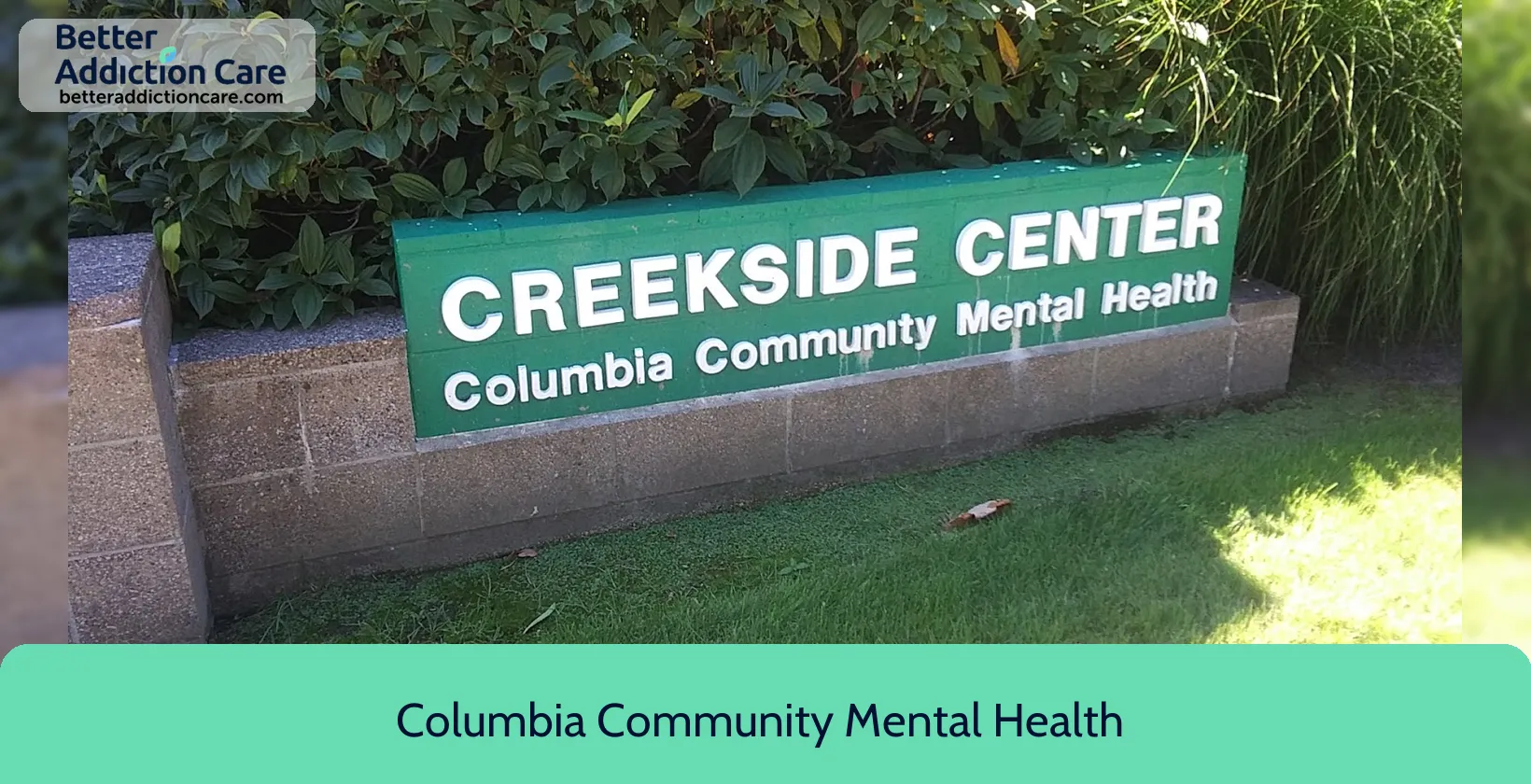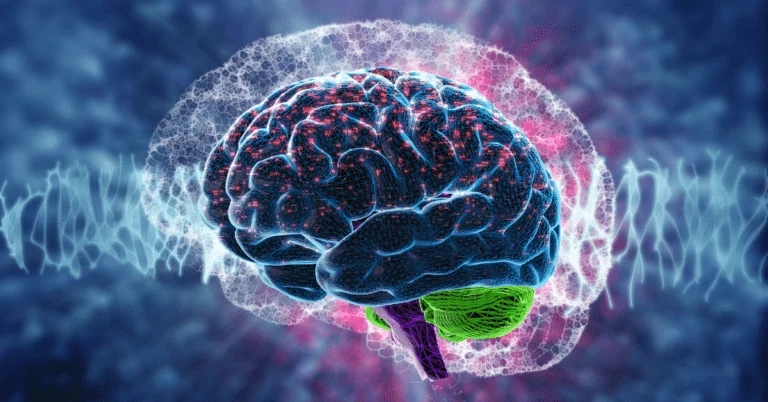Substance Abuse Addiction: Risk Factors, Symptoms, and Treatment

Substance abuse addiction is often associated with the use of illicit drugs like heroin, cocaine, and meth.
But substance abuse is not just about drug use. Even products you can legally purchase, such as prescription pills, alcohol, and tobacco, can be abused.
People dealing with substance abuse need immediate professional treatment. Misuse of legal or banned substances can drastically alter one’s brain chemicals. It leads to addiction, which can ruin one’s career and personal relationships, not to mention the medical risks associated with it.
Read on to learn more about substance abuse addiction, its contributing factors, symptoms, and treatment options.
What is Substance Abuse Addiction?
Substance abuse addiction is an informal term that combines two different conditions related to the misuse of legal or illicit substances—“Substance Abuse” and “Addiction.”
Substance Abuse
Substance abuse is the harmful, incorrect, or excessive use of psychoactive substances like drugs, alcohol, or tobacco.
If a person consumes a substance in a wrong manner, it’s considered “substance abuse.” For example, a person abuses a prescription medicine by taking it at a dosage higher than what was prescribed by his physician.
Substance abuse can also mean overconsumption of a legal substance. Frequent heavy drinking is alcohol abuse. Meanwhile, excessive smoking can mean nicotine abuse.
The most well-known type of substance abuse is illicit drug use. In the US alone, around 13.5% of the population 12 years and older have used illegal drugs. Amongst these users, Cocaine, a euphoria-inducing stimulant, is one of the most abused substances. Heroins, amphetamines, and marijuana are also frequently used.
Addiction
Addiction is a disease that can result from substance abuse. When you develop a strong physical and psychological urge to consume a substance, even if it may cause you harm, then you likely have an addiction.
A person with addiction has this compulsive behavior to use a substance just to reach that pleasure he’s craving. His mind already has a chemical dependency on the substance, to the point that he will do everything just to consume it regardless of the consequences.
Substance Abuse versus Addiction
The main difference between substance abuse and addiction is in their respective effects.
Substance abuse refers to the misuse of a substance in a casual manner. Some might try taking drugs or drinking alcohol out of curiosity or peer pressure and form a habit out of it. However, they can easily quit the habit and overcome cravings for the substance.
On the other hand, the effect of addiction on a person’s life is more severe. He might neglect his work, home, or school responsibilities and often exhibit violent and destructive behavior. It’s tough to get rid of these cravings, and willpower is not enough to stop the addiction.
Prolonged substance abuse can alter a person’s brain and neurological chemicals, leading to compulsive urges. Eventually, the person will develop an addictive behavior as they can’t stop taking the substance. For instance, a person who frequently uses marijuana for medical purposes (in a legalized state) might eventually become dependent on the weed effects. This can alter his brain structure, leading to marijuana addiction.
What are the Commonly Abused Substances?
Here are some types of substances that can adversely affect one’s physical and mental health when abused.
Illegal Drugs
People often abuse substances forbidden by law because of their effects on a person’s body and nervous system. Here are some different types of drugs abused:
-
Heroin: (a.k.a. “gear” or “smack” on the streets). Heroin is a “high”-inducing opiate with effects lasting around 3 to 5 hours. Long-term use can lead to addiction, infertility, dental problems, hepatitis, or HIV (if injected).
-
Methamphetamine: An addictive, powdered stimulant drug that can be snorted or injected. Long-term use can lead to cardiopulmonary disorders, kidney problems, depression, and weight loss.
-
Marijuana: A hallucinogen from the native Cannabis sativa plant. Marijuana is typically smoked and can cause someone to feel high (laughing for no reason, loss of inhibition, hallucinations). Long-term use can lead to heart disease, respiratory problems, or cancer.
-
Cocaine: Cocaine is an addictive stimulant drug produced from the leaves of the Erthroxylon coca plant. Long-term use can lead to depression, heart/lung problems, kidney problems, etc.
Alcohol
According to the WHO, alcohol consumption is often associated with more than 200 types of accidents and injuries.
As with other substances, alcohol can induce feelings of pleasure by releasing endorphins, a neurochemical associated with pleasure, mood improvement, and pain alleviation. To some extent, the psychological effects of drinking can be addictive, making the brain dependent on it after prolonged use.
Everyone reacts differently to alcohol, but usually, heavy drinking can cause serious physical illnesses (liver problems, hypertension, stroke, and digestive problems) or mental health risks (depression, anxiety, hallucinations).
There is also the chance you can be a closet alcoholic.
Tobacco Products
Nicotine in cigarettes can boost the release of dopamine, the “feel-good” hormone responsible for one’s pleasure and motivation. However, nicotine’s effect is short-lived, so people tend to smoke more to experience again the pleasure induced by the nicotine.
Prolonged intake of nicotine can cause cardiovascular disorders, pneumonia, lung cancer, arthritis, hypertension, and stroke.
Prescription Medicine
Prescription medicine is not as harmful as illegal drugs, but it can induce harmful and addictive effects if misused.
For instance, consuming a drug to alleviate symptoms without a physician's prescription can be dangerous to your body.
Risk Factors of Substance Abuse and Addiction
The National Library of Medicine enumerated some of the risk factors or reasons of substance abuse, such as:
-
Substance abuse in the family: Individuals from families with a history of substance abuse are more prone to abuse as well. Poor parenting is also a common culprit in early substance use, as the children lack the necessary supervision and discipline that will keep them from trying drugs, alcohol, or cigarettes.
-
Peer pressure: Scientific literature shows that peers can influence drug, alcohol, or cigarette use. However, substance abuse individuals who usually succumb to peer pressure are those with weak support systems or those who are seeking safety and protection from a peer group.
-
Traumatic experiences: Some resort to substance abuse as relief for traumatic experiences like the loss of a family member or childhood abuse.
-
Stress: Professionals with stressful working environments, such as lawyers, military personnel, and doctors, turn to substance abuse for comfort. For young people, substance abuse can be a way to handle academic pressure, family problems, or breakups with their romantic partners. For the elderly, alcohol is the most common substance abused. They consume it to cope with the stress associated with chronic illnesses, social isolation, loss of loved ones, or transition to living or care situations.
-
Loneliness: People who feel socially isolated due to bullying or discrimination might resort to substance abuse to find "comfort" and "solace." Additionally, those experiencing bullying and substance abuse often feel a deep sense of loneliness, further driving their reliance on drugs.
-
Mental Disorder: People with mental illnesses like ADHD, post-traumatic disorder, depression, bipolar disorder, and anxiety disorders are more prone to substance abuse.
Signs and Symptoms of Substance Abuse and Addiction
There are physical and behavioral signs you can check out to determine if someone is suffering from substance abuse and addiction.
Physical Symptoms
Common physical signs of substance abuse are:
-
Weight loss: Loss of appetite is one of the side effects of cocaine and meth. People dealing with substance abuse of these drugs typically manifest sudden weight loss.
-
Bloodshot eyes: People who abuse heroin typically have larger or smaller pupils than usual. Drugs can affect the blood vessels on the eyes' surface, dilating them and making the eyes look red.
-
Poor hygiene: You might notice a peculiar smell on the breath and body of a drug-abusing individual. Hygiene is typically not a priority for people dealing with depression.
-
Change in physical appearance: Some drug users experience changes in the complexion of their skin. Acne and wrinkle breakouts are also common. Some drugs can also change the structure of hair shafts, leading to damaged hair.
-
Dental Problems: Halitosis, tooth decay, mouth soreness, and dry mouth are typical to frequent drug, alcohol, and nicotine users.
-
Skin scars and bruises: People who inject drugs into their bloodstream leave track marks on their skin that usually look like scars or bruises.
-
Balance and coordination issues: Drugs can negatively impact one’s musculoskeletal system, which can impair movement.
Behavioral Symptoms
Drugs, alcohol, or nicotine can influence one’s nervous system, altering cognitive functions and thought patterns.
These behavioral symptoms are common in a person suffering from substance abuse:
-
Neglect of responsibilities: Drug and alcohol addiction alters one’s cognitive functions. This enabled victims to escape responsibilities at work, school, or home.
-
Suspicious and secretive behavior: Drug abuse individuals prefer to be more private, often spending more time indoors and away from families and friends.
-
Loss of interest: Some people stop doing their hobbies or attending social gatherings.
-
Mood swings: Irritability is common among drug-addicted people. They are also more aggressive and protective.
-
Depression: Drugs can intensify one’s feelings of loneliness and hopelessness, worsening the person’s mental health condition like depression.
How To Treat Substance Abuse and Addiction?
The science of addiction treatment has improved a lot over the decades. In the 1930s, addiction was viewed as a morality issue, stigmatizing addicts as people lacking willpower with unhinged values. For this reason, authorities have addressed addiction through punishments, which are more unproductive and destructive.
Now, drug abuse and addiction is recognized as a health problem. There is evidence pointing out that addiction is a chronic and relapsing brain disease that alters the organ’s structure and functioning. This condition is the same as heart disease or any ailments in an organ.
So, if your loved one is a drug addict, it doesn’t mean that he’s a “bad” or “immoral” person. He has a disease that is out of his control and dictated by irregularities in his neurological chemicals.
And as with other disease, drug addiction is not a hopeless case. It is treatable. Specialized treatment approaches address not only the underlying biological causes of the disorder but also the behavior and thought patterns leading to substance abuse.
Detoxification is the first step to help people addicted to alcohol or drugs. The goal of this process is to get rid of traces of harmful substances in the patient’s body. Detox can be done outside the hospital, but for severe substance abuse cases, admission to a treatment center might be necessary.
However, a person’s body might react strangely to the gradual decrease of chemicals in their system. This leads to “withdrawal symptoms” like body pains, tremors, depression, and fatigue. The treatment specialist will help the patient overcome the withdrawal symptoms, typically through controlled medication.
Afterward, a combination of inpatient and outpatient treatment modalities will be employed to ensure complete addiction recovery. Psychotherapy (“talk therapy”) is one of the tools that will provide healthy coping mechanisms to the patient so he can address triggers of substance abuse. Common psychotherapy approaches include:
-
Cognitive behavioral therapy (CBT): Altering negative behaviors that cause substance abuse.
-
Assertive community treatment (ACT): The therapy is done in a community rather than a hospital setting.
-
Family therapy: The patient’s family member is involved in the therapy process.
Addiction treatment doesn’t end at the rehab center. The next challenge is to remain sober (abstinence from substance use) and prevent addiction relapse. The treatment specialist will employ an aftercare program to keep the person free from substance abuse, which might include these strategies:
-
Providing short-term recovery housing (or “halfway houses”) will gradually reconnect the patient to the community. Giving the patient more freedom under minimal supervision will encourage a productive lifestyle.
-
Individual/group counseling sessions
-
Lifelong rehab alumni program
Get Support for Substance Abuse Addiction
Substance abuse addiction needs immediate professional treatment and support. Call 911 to seek help. Better Addiction Care can help you or someone you know recover from substance abuse and addiction. We can assist you in getting treatment options from the nearest rehabilitation centers and medical professionals in your area. Call (800) 429-7690 today.
Resources
Related Articles
Treatment Centers in Oregon
 123
123
 123
123
 123
123




